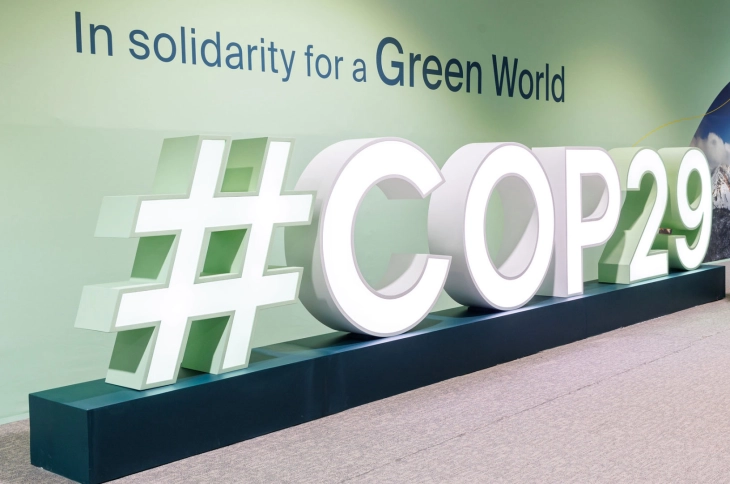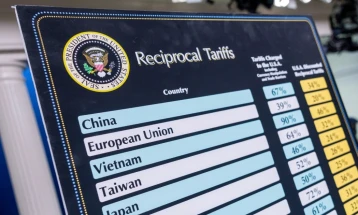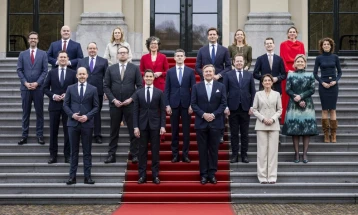COP29 reaches $1.3 trillion accord for poorer nations' climate needs
- The COP29 summit in Azerbaijan has reached an agreement to provide at least $1.3 trillion annually through 2035 to poorer countries to help them fight climate change, with at least $300 billion to come from mainly industrialized nations.

Baku, 24 November 2024 (dpa/MIA) - The COP29 summit in Azerbaijan has reached an agreement to provide at least $1.3 trillion annually through 2035 to poorer countries to help them fight climate change, with at least $300 billion to come from mainly industrialized nations.
The funding is intended to help developing countries enhance climate protection and adapt to the devastating effects of global warming, such as more frequent droughts, storms, and floods.
Currently, long-standing industrial nations mobilize over $100 billion annually in climate aid. However, according to an independent UN expert group, the need for external assistance now stands at around $1 trillion per year until 2030, and even $1.3 trillion by 2035.
Further contributions to be made
To raise the $1.3 trillion annually, the agreement stipulates that multilateral development banks should significantly increase their lending or cancel debts for poorer countries. Public funds and bank resources should leverage private investments on a large scale, which will also be counted as climate financing.
Moreover, additional donor countries are encouraged to get involved. The appeal is so broadly framed that climate activists criticized the plan because no specific entity is held accountable tp reach the global goal. Germany, like all other nations, is not specifically obliged to make payments of certain amounts by the resolution.
Ultimately, a compromise was reached, partly because it remains somewhat unclear how the trillion-dollar sum will be sourced – this task will now fall to the next climate conference in Brazil.
The European Union only risked putting forward specific amounts at the very end of the two-week conference. The German government stated that it was completely unrealistic for trillions in funding to come from public budgets. It urged countries like China and the wealthy Gulf states, which have earned significantly from oil, gas, and coal, to contribute as well.
However, these countries, along with India and South Korea, are still classified as developing nations under a 30-year-old UN classification, thus making them eligible for aid.
Germany has so far pledged around €6 billion ($6.25 billion) per year for climate financing. How much it will contribute in the future following the new Baku agreement is for the future German government to decide. No specifically calculable commitments were imposed on Germany in Baku.
Conference extended by more than 30 hours
At one point, the UN Climate Change Conference, which was extended by more than 30 hours, was at risk of failing. Entire groups of countries temporarily left negotiations just hours before they were due to conclude.
German Foreign Minister Annalena Baerbock accused the host, Azerbaijan, of ignoring the interests of particularly vulnerable island states threatened by rising sea levels during negotiations. Meanwhile, the organizers from the oil-producing country, whose export revenues are 90% oil and gas-dependent, praised themselves, stating that despite "geopolitical headwinds," they had consistently endeavoured to be "an honest broker for all sides."
The EU also feared until the last moment that decisions from the previous climate conference in Dubai, such as the hard-won move away from oil, gas, and coal, might be overlooked in negotiations in Baku. The specific wording, which Germany hailed as "historic" then, is missing as a formal agreement on this was postponed until next year's conference.
MIA file photo







